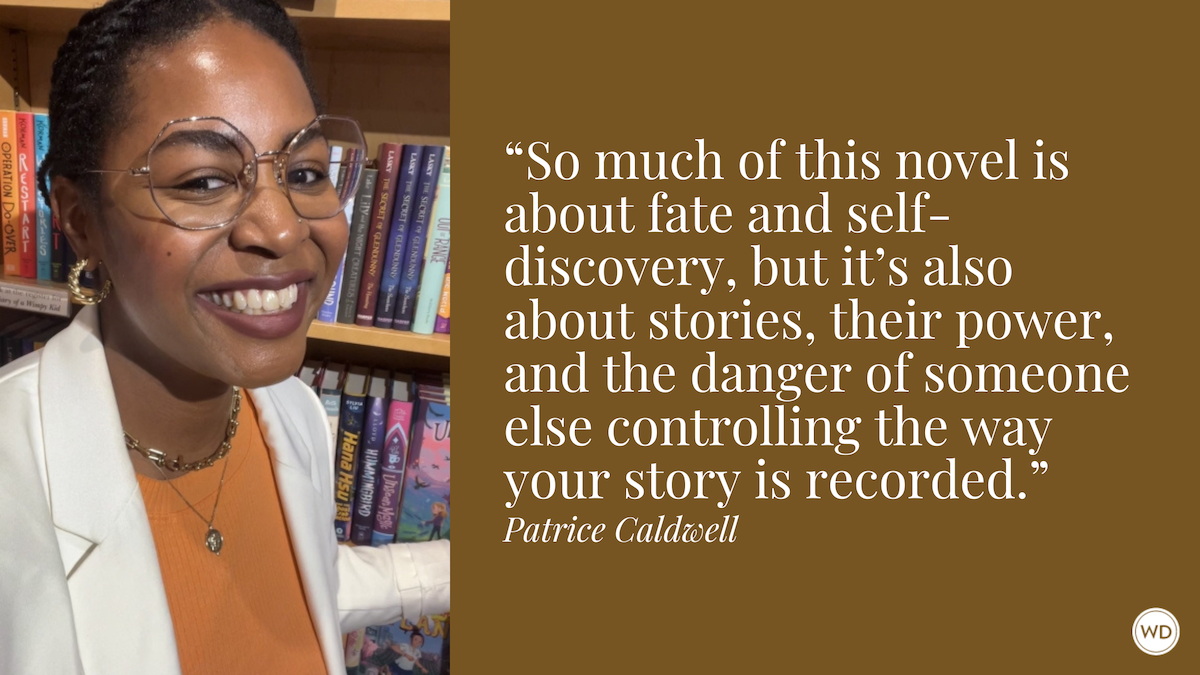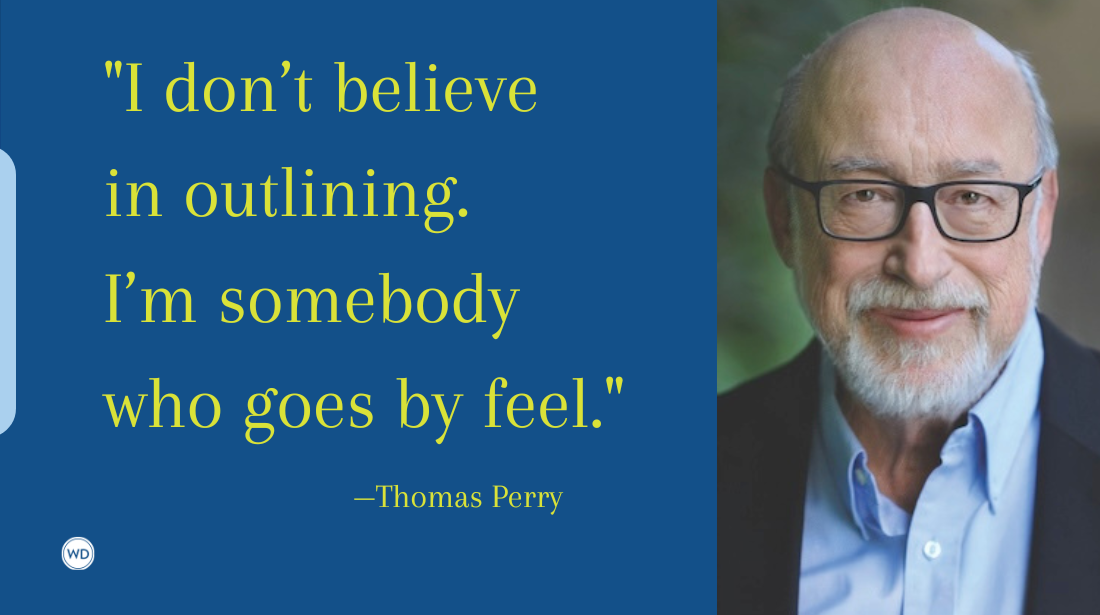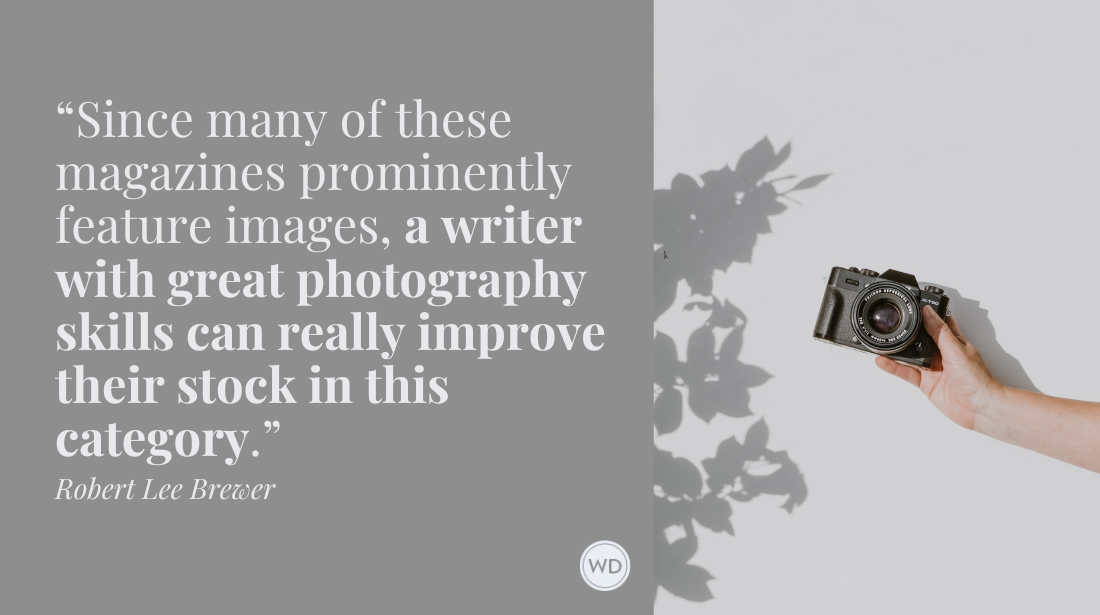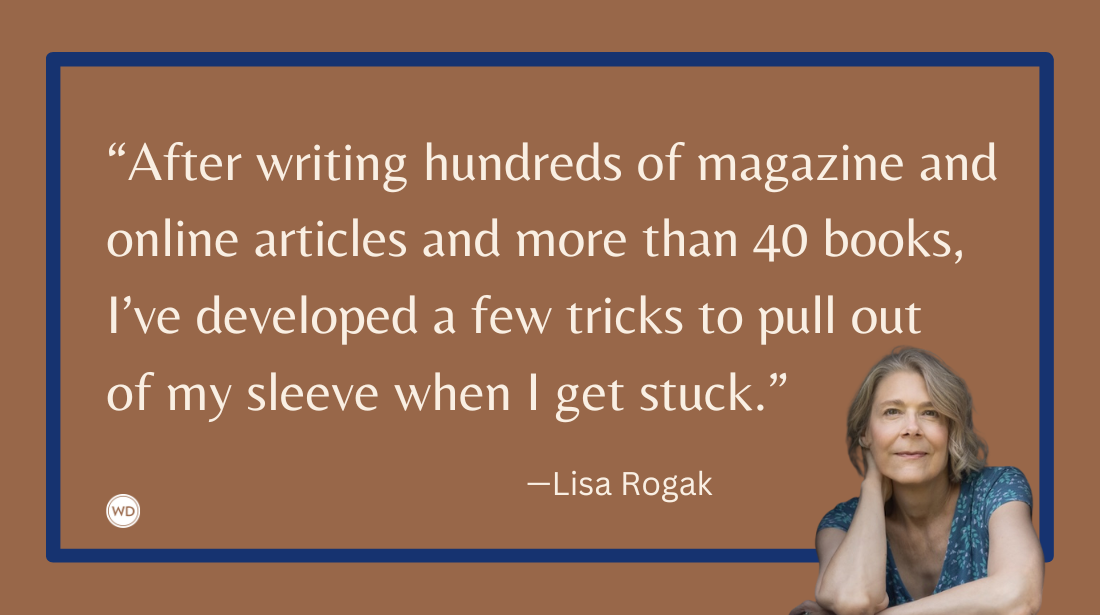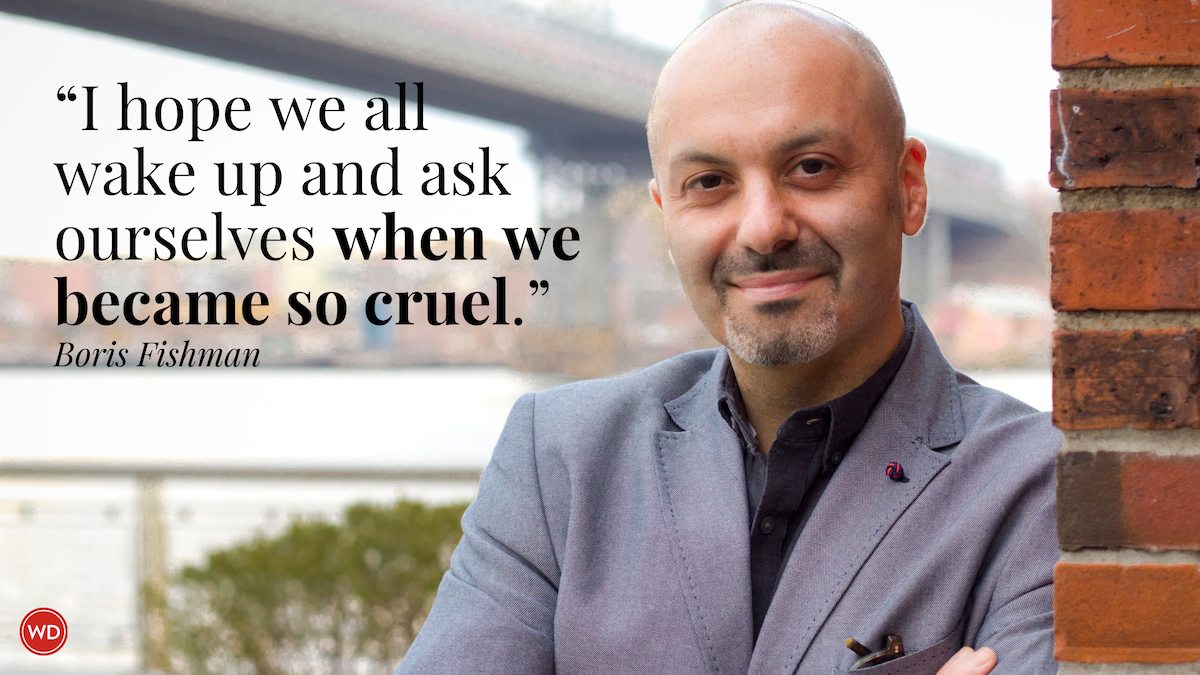15 Tips for Starting Your Writing Career Later in Life
It’s never too late to tell the story you have inside you. Bestselling author Rick Bleiweiss shares 15 tips for starting your writing career later in life.
My first novel, Pignon Scorbion & the Barbershop Detectives was published (Blackstone Publishing) last year when I was 78 years old. To my great pleasure, it received many rave endorsements and reviews, went to #1 in five Amazon categories, was the Pacific Northwest Booksellers’ Association’s Buzz Book and was an Amazon Editor’s pick, a B&N pick and a Publishers’ Weekly pick among other accolades.
It certainly reinforced to me that you’re never too old to start a writing career. In fact, Laura Ingalls Wilder wrote Little House on the Prairie when she was 65, Frank McCourt (Angela’s Ashes) was the same age when he started writing, and Harry Bernstein wrote The Invisible Wall when he was 96 years old (not to mention that Grandma Moses didn’t start painting until she was 77)!
What follows are some of the things I learned in the process of writing, promoting, and having my first book published that I’d like to share with other seniors who want to become authors. Many of these tips are also applicable to aspiring writers at any age, but some definitely are only for seniors.
1. Either write what you are good at writing or try out different genres until you find one that you excel at. I wrote short stories, a magical realism book and a science fiction novel, none of which got publishing deals, but then I hit on my genre—mystery, and the rest is history. You might also consider getting started by writing your memoir, especially if you’ve lived an interesting life. You’ve had many years to accumulate anecdotes and experiences and they make great fodder for books.
2. Know the craft of writing. Take classes, study grammar, and read books on the craft of writing.
3. Write, write some more, and keep writing. You never know which of the things you write will be the best or the most commercial until you’ve written more than one thing, so write as much as you can. You might also consider writing short stories or articles and submit them to magazines to start getting your name out there.
4. Join a local writers’ group. It’s a great way to get early feedback on your works and to learn from what others are writing.
5. Know the difference between self-publishing, hybrid publishing, and traditional publishing, and then decide which one is best for the book you end up writing. In general, you have much more control over every aspect of the publishing process when you self-publish but the entire onus is on you for everything (editing, cover design, PR, marketing, manufacturing, etc.). Make sure you have the resources and energy to do all of that. As a rule, with self-publishing you pay for everything and you do everything, with hybrid publishing you pay for it but they do a lot of the work, and with traditional publishing they pay for everything (including a possible advance to you) and they do everything.
6. If you decide to self-publish, do it right. Many a self-published book gets trashed by readers who review the book because of poor grammar, a lack of professional editing, and second-rate covers. Don’t fall into those traps. If you can’t do those things yourself, hire someone to do them for you. You might even consider going to your local college’s English and art departments to see if students in those programs could carry out those tasks for you. Or you might try connecting with the OLLI (Osher Lifelong Learning Institute) program at the university or college in your area to see if any seniors in the program might possess the expertise you require.
7. If you decide to try to get traditionally published with a mainstream publisher, get a literary agent. Many publishers will only accept manuscripts that are submitted by recognized literary agents, and the agent will be an advocate for you during the entire process, and possibly even attempt to get you foreign releases of your book and a film/TV deal. To find agents that specialize in your book’s genre and those who are accepting submissions, search them out online or get a copy of one or more writing guides like The Writer’s Market or Guide to Literary Agents.
8. If you try to get a literary agent, write a great query letter. Customize the letter to each agent you send it to—make sure they represent your genre, look them up, and tell them something in the letter that lets them know it is personalized to them. Say why the book is great and/or unique, put in a synopsis of the book, some comparisons to other books that it may be reminiscent of, list your social media involvement, tell them who you think it will appeal to, and if you can get any other writers to endorse the book, add who they are. In addition, for seniors, let them know this would be your first published book at whatever your age is. That will potentially make for good publicity. In short, make the query letter as good as your book.
9. Get heavily involved with social media. No matter what path you go down to publish the book you will have to market it to maximize its chances of success, and today a huge part of that is on social media. Get followers on Instagram, Twitter, Facebook, TikTok, and other key social media platforms. Research what the demographics are for the members of each platform and especially focus on those that would be the best prospective purchasers of your book. Also, most of the platforms have many writers’ groups, and you should consider joining them.
10. Maximize your age as a focus for publicity and marketing. There are many podcasts, publications, and other types of media that will focus on the endeavors of seniors, and it’s a great story for general interest media when a senior does something new and has some success at it. You can position yourself as an inspiration and example for other seniors. As a part of this effort to get media attention based on your writing and having your first book published at an advanced age, consider hiring an independent publicist, if you have the funds to do that.
11. Join industry associations for your genre(s), try to attend their conventions and events, and network with other authors when you’re there. A great way to spread the word about you and your book is to interact with the members of writing associations, attending their conferences, and rubbing shoulders with other writers. For example, if you write mysteries like I do, consider joining the Mystery Writers of America or Sisters in Crime (you don’t have to be a female to join) and going to conferences like Bouchercon. For romance books it would be the Romance Writers of America, for thrillers it could be joining International Thriller Writers and attending a conference like ThrillerFest. There are probably multiple groups and conferences for every genre you could write in.
12. Connect with your local independent bookstore and libraries. Try to get your local independent bookstore and the libraries in your area to carry your book, to do an in-person reading and signing of the book with you, and to tell other independent stores and libraries about you and the book.
13. Have fun. As a senior, you’re probably past where you need writing to be your vocation, so enjoy the process of writing. Don’t make it drudgery—make it fun, and enjoy the characters and environments you create if it’s fiction.
14. Live with rejection and less than desirable reviews. Every writer I know has had something they’ve written rejected, and no matter how many great reviews their published books get, there are almost always some negative reviews. Don’t let any of that get to you. It’s par for the course in creative endeavors, so see if you can learn from any negative reactions to your writing or just ignore them or shrug them off. Don’t let any negativity stop you from doing what you want to do.
15. Try meditating and manifesting your future success. It certainly worked for me. I both meditated and manifested what I wanted to happen to the first Scorbion book, and lo and behold, most everything I manifested came true. What do you have to lose? Nothing.
Rick Bleiweiss has crafted the bestselling, award-winning Pignon Scorbion historical mystery series by blending his love of the past with the twisty deliciousness of a whodunit. He has recently also contributed a wonderful story to the mystery anthology Hotel California. Before becoming an author, Rick started his career in music as a rock performer, Grammy-nominated producer (of over 50 records), and record company senior executive, working with Clive Davis, Melissa Etheridge, the Backstreet Boys, Kiss, U2, Whitney Houston, the Bee Gees, and other industry legends. Since 2006 as a publishing company executive, he has acquired works by noted authors and celebrities including James Clavell, Gabriel Garcia Marquez, Rex Pickett, Al Roker, Dale Brown, Robert Downey Jr., Leon Uris, Catherine Coulter, and P. C. Cast, among many others.


